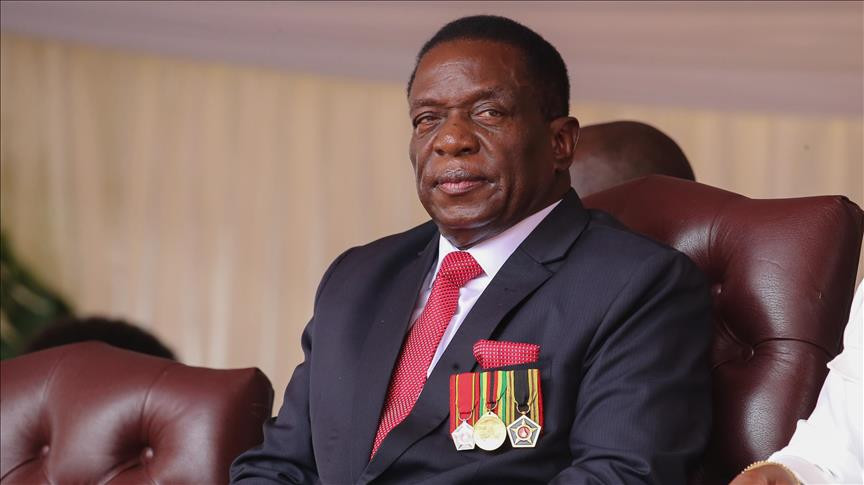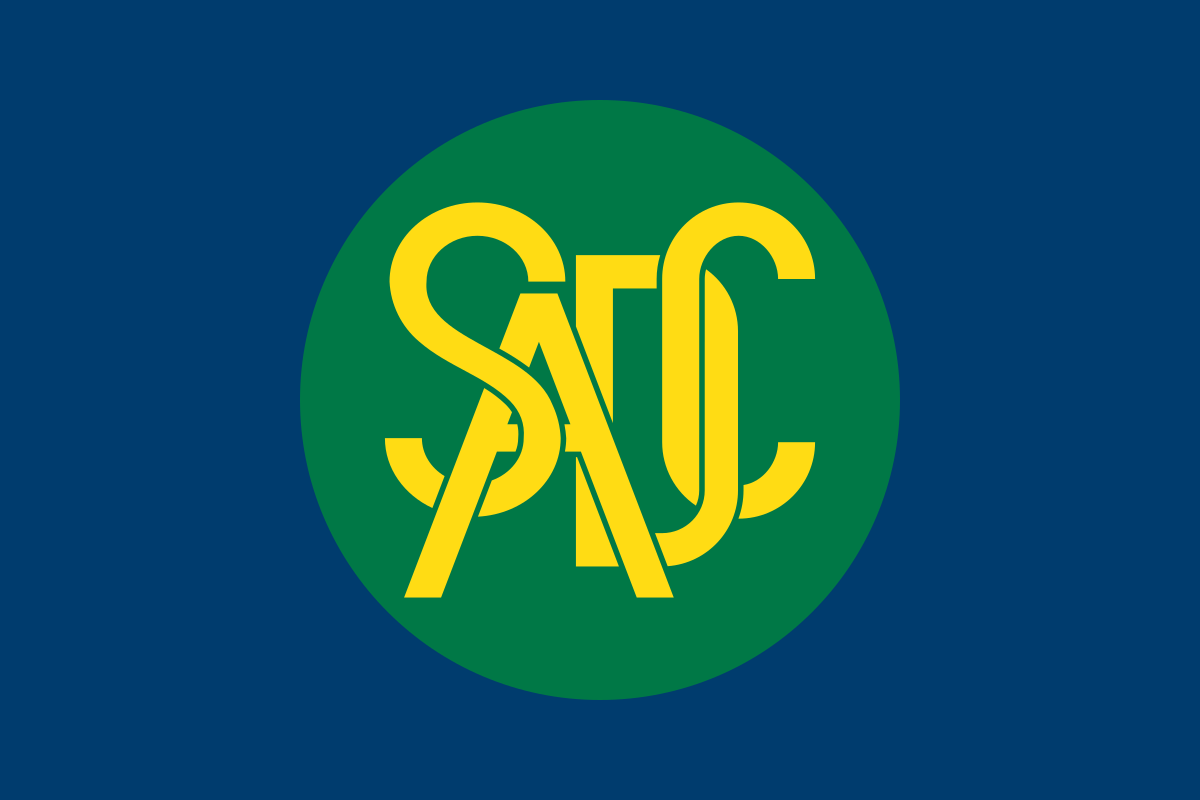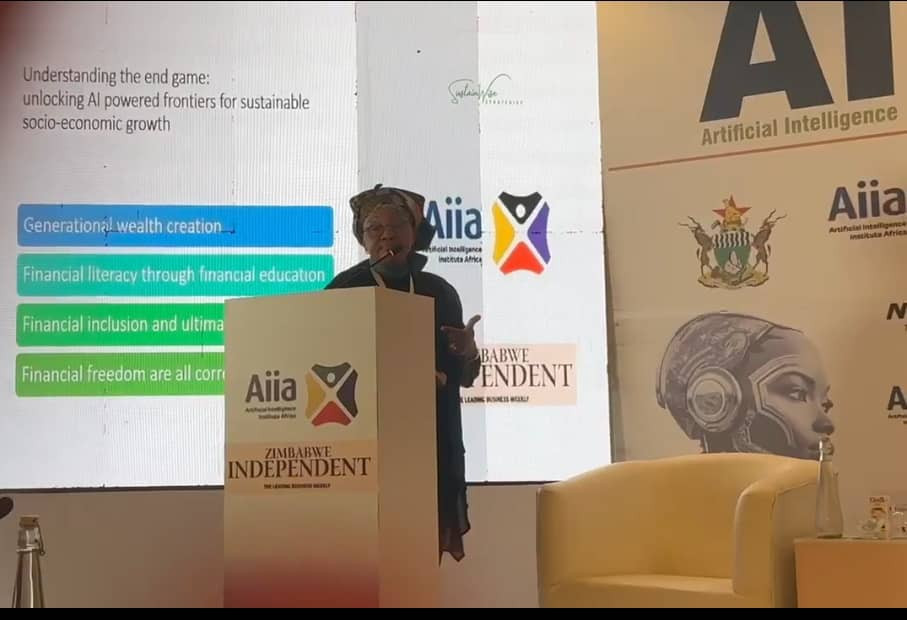
ON February 21, 2024, some leaders of the Zanu PF party in Masvingo province declared that they wanted President Mnangagwa to go beyond 2028, contrary to the Constitution of Zimbabwe.
But what does the supreme law of Zimbabwe say about these ambitions?
Section 95 of the Zimbabwe Constitution Amendment (No20) Act, 2013 (hereinafter referred to as “the Constitution”) states that the President’s term begins when he or she is sworn in and extends normally for five years until the next election when he or she is re-elected or a new president is elected.
Under the Constitution, in terms of Section 91 a president cannot serve more than two terms in office, so long as each of those terms lasts three or more years.
In Zimbabwe a president’s term is limited to two five-year terms after which he or she will be ineligible to run for presidency.
Can this constitutional position be changed?
The question that arises under this question is, can a president’s term be extended beyond the current position given at law.
Yes, it is possible but there will be a lot of hurdles to overcome in order to achieve that. The constitutional position can be changed.
- NoViolet Bulawayo’s new novel is an instant Zimbabwean classic
- COP27: Zimbabwe’s opportunity to shine
- Jah Prayzah, Zanu PF rekindles ‘lost love’
- Global demand buoys tobacco prices
Keep Reading
How can a presidential term of office be extended?
There is a standard procedure to be followed in order to effect this change. Section 91(2) of the Constitution provides that;
“A person is disqualified for election as president or vice-president if he or she has already held office as president under this Constitution for two terms, whether continuous or not, and for the purpose of this subsection three or more years’ service is deemed to be a full term.”
The presidential term can, however, be extended beyond the two terms through triggering a constitutional amendment of Section 91(2). Section 328(5) of the Constitution provides that a Bill to amend the Constitution must be passed by a two-thirds majority of the National Assembly and the Senate before it becomes law. In addition, if a Bill seeks to amend the declaration of rights or Chapter 16 (which relates to Agricultural land) it must be approved through a national referendum before it can become law.
Section 91(2) is not part of the declaration of rights nor does it fall within Chapter 16 of the Constitution so it can be amended by a two-thirds majority of both houses of Parliament to expunge the presidential limits.
What is the hurdle?
Despite the hurdle of acquiring the two-thirds majority vote, the amendment of Section 91(2) of the Constitution is not without a catch.
An amendment to a term limit provision which has the effect of extending the length of time that a person can hold in a public office such as presidency does not apply to anyone who held that office, or an equivalent office before the amendment.
This means that even if two-thirds of the Members of Parliament were to pass a Bill extending or revoking the term limits imposed by section 91(2) of the Constitution the Bill would not allow the President to stand for a third term in office.
The amendment will not benefit the President but his successor. This provision is carried under Section 328(7) which reads: “Notwithstanding any other provision of this section, an amendment to a term limit provision, the effect of which is to extend the length of time that a person may hold or occupy any public office, does not apply in relation to any person who held or occupied that office, or an equivalent office, at any time before the amendment.”
To further provide safeguards against presidential term limit extension, the drafters of the new charter came up with a provision stipulating that Section 328 could itself only be amended through a referendum [see Section 328(9)]. Hence to achieve the extension of the presidential term, an amendment of section 328(7) will have to be done before amending Section 91(2).
The constitutional amendment process
Zimbabwe falls into the group of “rigid” Constitutions in that the Constitution cannot be amended in the same way as any other legislation. The whole Constitution is “entrenched” in the sense that the rigidity applies to all provisions of the Constitution.
There are four aspects, which make the process of amendment of the Zimbabwean Constitution an entrenched one.
First, no provision of the Constitution may be amended by implication. Every amendment must be in express words.
Other statutes can be amended by implication. This is less rigid than the position in other countries, such as South Africa, which insist on the Bill amending, the Constitution, not to contain any other provisions.
This is designed to achieve maximum transparency in the amendment of the Constitution in that provision, although express, which purports to amend the Constitution must not pass unnoticed by being hidden among unrelated issues.
In theory, a Bill amending the Zimbabwean Constitution may contain other provisions as long as the amending clauses are in express words.
Secondly, a Constitutional Bill must be published in the Government Gazette at least 90 days before it is introduced in Parliament. There is no such requirement for other Bills. The objective of the 90 days requirement is to call for and allow public debate on the proposed amendments.
Thirdly, at least two-thirds of the total membership of Parliament must vote in favour of a Bill for it to pass. Other Bills only require a mere majority of those “present and voting”.
Fourthly, a Constitutional Bill, requires to be accompanied by a certificate from the Speaker of the National Assembly confirming the two-thirds vote and the President cannot assent to the Bill unless it is so accompanied.
The Constitution reposes the amendment power in the Parliament of Zimbabwe. Parliament is made up of the National Assembly and the Senate.
The Constitution further prescribes a public consultation process before a Bill amending the Constitution can be adopted by the two houses of Parliament.
For a Bill amending the Constitution to pass validly, it should attain the votes of at least two-thirds of the Members of the National Assembly, and at least two-thirds of the Senators in separate sittings.
The President may then assent to the Bill, before it is gazetted and subsumed into the law of the land.
It is imperative to point that the Constitution cannot and should not be amended lightly.
The Constitution is the supreme law of Zimbabwe, governing relations between the government and its people, and between the different arms of government.
Because of its nature and the way in which it was enacted, it should not be amended except for the most compelling of reasons.
Although the Constitution states that it can be amended by a two-thirds majority of the membership of the National Assembly and the Senate [section 328(5)] the government should not proceed with an amendment unless satisfied there is broad support for it in the country.
Any political party using a two-thirds majority as an opportunity to amend the Constitution must realise that as soon as another party gets a similar majority it will also amend it, and so the Constitution will be debased by continuous see-saw amendments passed to suit the whims of the party in power.
The presidential term limit imposed by Section 91(2) of the Constitution can be extended or abolished altogether by a Constitutional Amendment Bill passed by two-thirds of the Members of Parliament.
Unless there is a Constitutional overhaul, the ruling President will be ineligible to stand in the 2028 elections. Such a Bill would not, however, permit the President to stand for a third term unless in addition it was approved through a national referendum.











